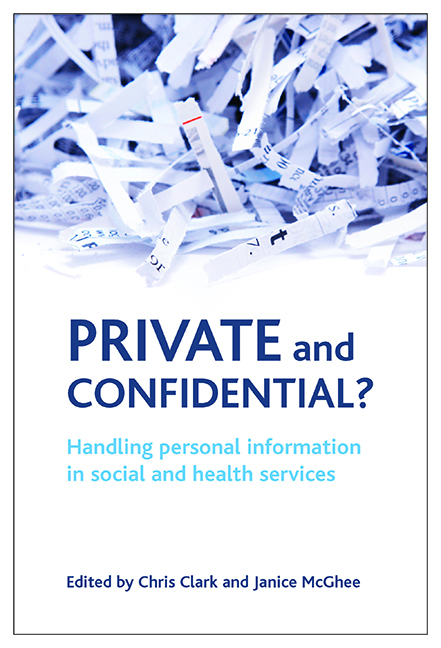five - The right to privacy and confidentiality for children: the law and current challenges
Published online by Cambridge University Press: 21 January 2022
Summary
Introduction
How far should the law protect privacy? What balance should be struck between the individual's right to privacy and the interests of society? Should the privacy of the family bow to the duty on the state to safeguard the interests of vulnerable children and adults within a family? Should parents have the right to know everything about their children, or do children too need rights to a private sphere?
Questions like these have long been contested both in law and in society, and will recur throughout this book. They will not be solved in this brief chapter. Instead, we will consider the legal rules that seek to protect the privacy and confidence rights of individuals, focusing from time to time on how these rules operate for children and young persons. We will also consider some recent developments that illustrate how digitisation and the ‘database society’ are affecting privacy rights for children.
The two most important legal regimes to consider in privacy protection are data protection law, and the law of confidence. Data protection law in the UK has, since the 1998 Data Protection Act, been derived from a European Directive (outlined later) and thus exists in roughly harmonised form across the European Union (EU). The law of confidence, on the other hand, is a creature of the common law, and is idiosyncratic to English law (although Scottish law shares most of the same rules). Both regimes have been informed, and, in the case of the law of confidence, almost transformed in recent years, by the guarantees of a human right to a private life. This right is derived from the European Convention of Human Rights (ECHR), Article 8, especially since the incorporation of this instrument into UK domestic law in the 1998 Human Rights Act. Since the 1998 Act, the right to a private life as a fundamental human right can now be pled in any court in the land, with no need to go to the European Court of Human Rights in Strasbourg to raise the issue. Public bodies, such as local authorities and their social services and health services, must act in accordance with it and (in theory at least) legislation cannot be passed that breaches the ECHR.
- Type
- Chapter
- Information
- Private and Confidential?Handling Personal Information in the Social and Health Services, pp. 85 - 110Publisher: Bristol University PressPrint publication year: 2008



